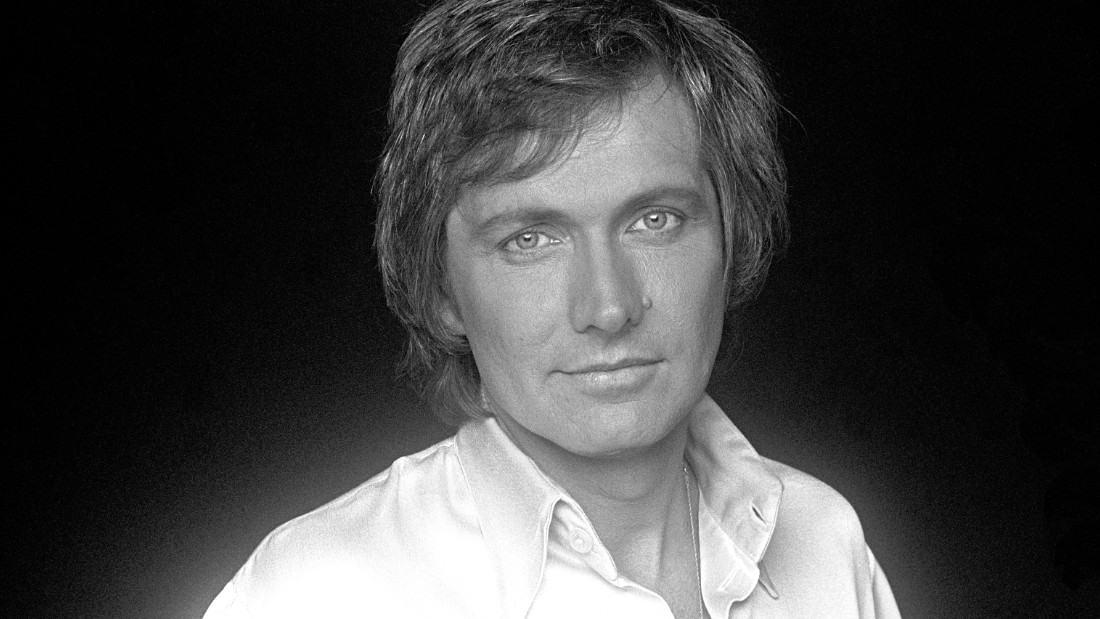

“Everybody knew everybody, and everybody liked everybody,” he said in the 2010 Journal-Constitution interview. He remembered his time there, before national fame, with fondness. In 2010, he announced he would end his last official tour with a concert in Marietta, not far from the school that once banned him. Royal went on to do well with country songs such as “I’ll Pin a Note on Your Pillow,” “Tell It Like It Is” and “‘Till I Can’t Take It Anymore.”

The song had nothing to do with space travel, but given its title, radio stations stopped playing it. It looked like he might have a big hit in 1986 with “Burned Like a Rocket.” But just as the song was gaining in popularity, the Challenger space shuttle tragedy occurred. Royal moved back to Georgia and eventually landed in Nashville, where he worked to revive his career. “Kenny Rogers lived down the street from me,” Royal recalled, “and Kenny was tearing the world up singing country music. But he noticed that other singers who had pop hits had successfully switched genres. I was getting a divorce,” he told the Journal-Constitution. Royal moved to Los Angeles, but his brand of pop music was falling out of favor.

He graduated to bigger live shows, including tours produced by Dick Clark, and in 1970, Royal played Las Vegas, where he met and even hung out with Presley. It was the highest he ever reached on the pop charts, but Royal also found success with other songs in that era, including “Cherry Hill Park” and “Hush.” With its repetitive, “down in the boondocks” reframe that got stuck in listeners’ minds, the song reached No. We cut it on a three-track machine - the most primitive thing in the world.” “I guess people related to poor people,” Royal told the Chicago Tribune in 1990. Most importantly to his career, he worked with songwriter and producer Joe South, who wrote “Down in the Boondocks” - a song about a pair of young lovers from opposite sides of the tracks. “For a kid, I can’t tell you how that felt.” “The second time he was there, he put his arm around me and said, ‘You just keep getting better and better.’ “He was my idol,” Royal said in the 2010 Journal-Constitution interview. King, Roy Orbison, the Drifters and most memorably, Sam Cooke. He got to meet and sometimes perform with stars, including B.B. In the late 1950s, he developed his tenor voice and singing style at Atlanta clubs, sometimes doing five sets a night.


 0 kommentar(er)
0 kommentar(er)
